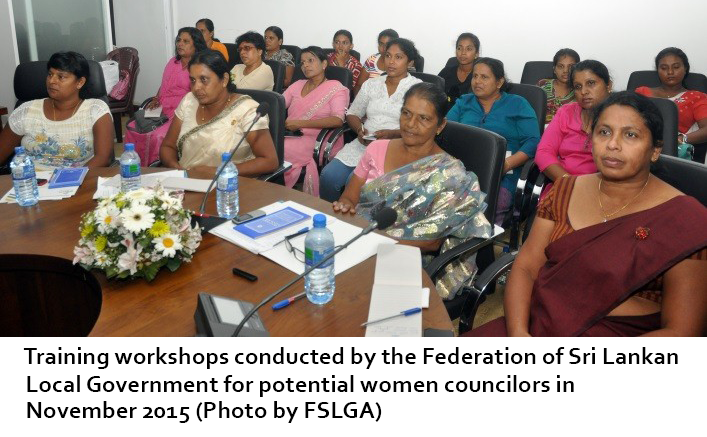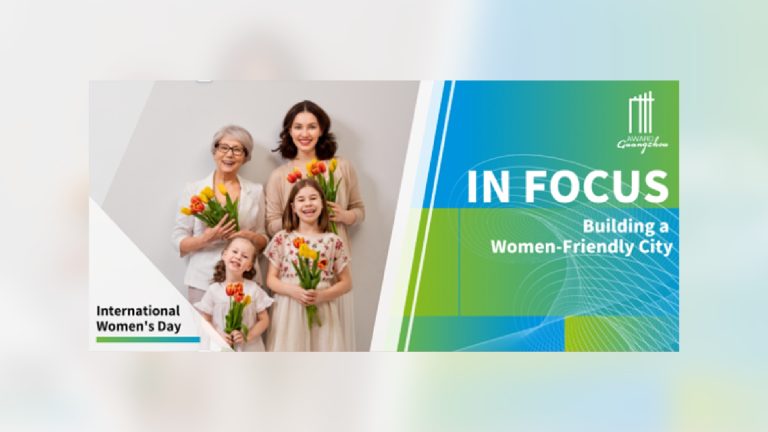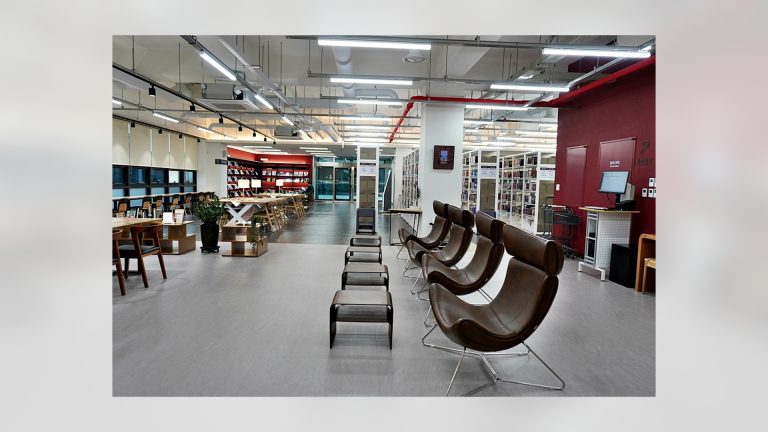AFTER decades of struggle, women in Sri Lanka have finally reached a new high within the country’s political sphere. For the first time in Sri Lanka, the need for female representation in politics is legally recognized at the local government level. A new bill passed into an act in January 2016, paving the way for more women to enter into local politics.
The new act increases women’s representation in local government bodies, granting 25% of council seats for women. The seats will be awarded to female candidates nominated by political parties on a separate list – according to the proportion of the votes obtained by each party. Seats will be allocated based on the order of priority in this separate list. Thus, under the new act, from approximately 8,825 council members, there will be 2,206 women.
Tracing back to the country’s history, Sri Lankan women have actually experienced rapid progress in many areas. Sri Lanka was the first country in Asia that gave women the right vote in 1931—17 years before its independence in 1948. Since the post-independent period, women have constituted a considerable part of the labour force and have enjoyed relatively equal treatments in education and health. Sri Lanka even marked the history by electing Sirimavo Bandaranaike as the world’s first female prime minister in 1960. However, despite all these progress, some disparities remain. Just like in other countries where positive socioeconomic indicators have not automatically translated into political empowerment, women’s representation in political bodies has remained very low in Sri Lanka. In the Parliament, women’s representation has been stagnant at between 1.9% and 6.5%, whereas their representation at local governments has been hovering between 1% and 2%.
In the past years, right campaigners have demanded that in order for women to have a voice in Sri Lanka’s development processes, they need to be represented not only in economic and social spheres, but also at the political level. With more women in political decision-making positions at the national, provincial and local levels in Sri Lanka, there would be a greater chance of reform in many areas. They will have the chance to reach out to address the special needs of women and children, and they will help regain the dignity of women in all sectors.
UCLG ASPAC through its Committee on Women in Local Governments led by the lady Mayor of Banda Aceh has been working towards the high representation of women in politics.
*Special thanks to the Sri Lankan Local Government Authorities (FSLGA)











